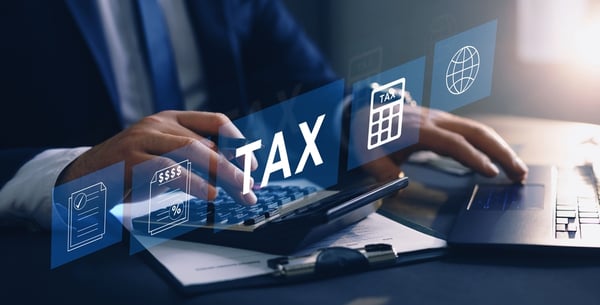The Department for International Tax Cooperation (“DITC”) in the Cayman Islands has released sample forms showing the information entities are required to provide when submitting an Economic Substance Return for 2019.
The Organisation of Economic Co-operation and Development (“OECD”) has laid down a clear set of principles that aim to enhance tax transparency worldwide. In response, the government of the Cayman Islands has established its legally enforceable Economic Substance test for entities that operate either in or outside the territory.
On 12 November 2020, DITC revealed the information that entities are expected to provide when completing a return.
The documents released relate to:
- A Full Economic Substance Return
- Economic Substance Return: For a pure-equity holding company
- Economic Substance Return: Showing additional questions for high-risk intellectual-property companies
- Economic Substance Return: For an entity that is a tax resident in another jurisdiction
A Two-Part Process
These sample forms show that the Economic Substance process is now clearly divided into two parts.
The submission of Economic Substance Notification (“ES Notification”) identifies if the company is an entity carrying out relevant activity. It is a prerequisite to filing an annual return, which helps to ensure that companies are in good standing.
The filing of Economic Substance Return (“ES Return”) is a mechanism for entities that have filed the ES Notification and confirmed they are conducting relevant activity. It provides the required information and appropriate supporting evidence to the DITC. The DITC will use this to assess if the entity has satisfied the Economic Substance test.
Information and documentation to be submitted with the ES Return
In addition to information about ownership, licensing, regulation, and operations (including core income-generating activity, assets, and presence), the full ES Return also seeks information about how an entity is being directed and managed in the Cayman Islands. As such, an entity must submit its financial statements or books of account for the relevant financial period.
While the ES Return for a Pure Equity Holding Company removes reference to many operational elements, there is still a requirement to submit financial statements or books of account. This is something that all entities submitting ES Returns for full, pure-equity holding companies, or high-risk intellectual-property-type businesses must address if they do not already have such information or documentation.
Submission deadline for the ES Return
A deadline of 31 January 2021 has been set by the DITC for the submission of ES Returns relating to high-risk intellectual-property companies and 28 February 2021 for all others.
Steps to be taken with regards the ES Notification
Entities have been reminded that the 2021 Annual Return process has commenced, and all entities will be expected to make their 2020 ES Notification as part of this process. This is separate to the 2019 ES Return and will need additional attention to help ensure that the ES Notification is correct.
While the deadlines are approaching and the potential penalties for non-compliance are severe, the structures put in place by the Cayman authorities will ensure that the territory upholds its reputation and complies with the OECD’s transparency principles.







